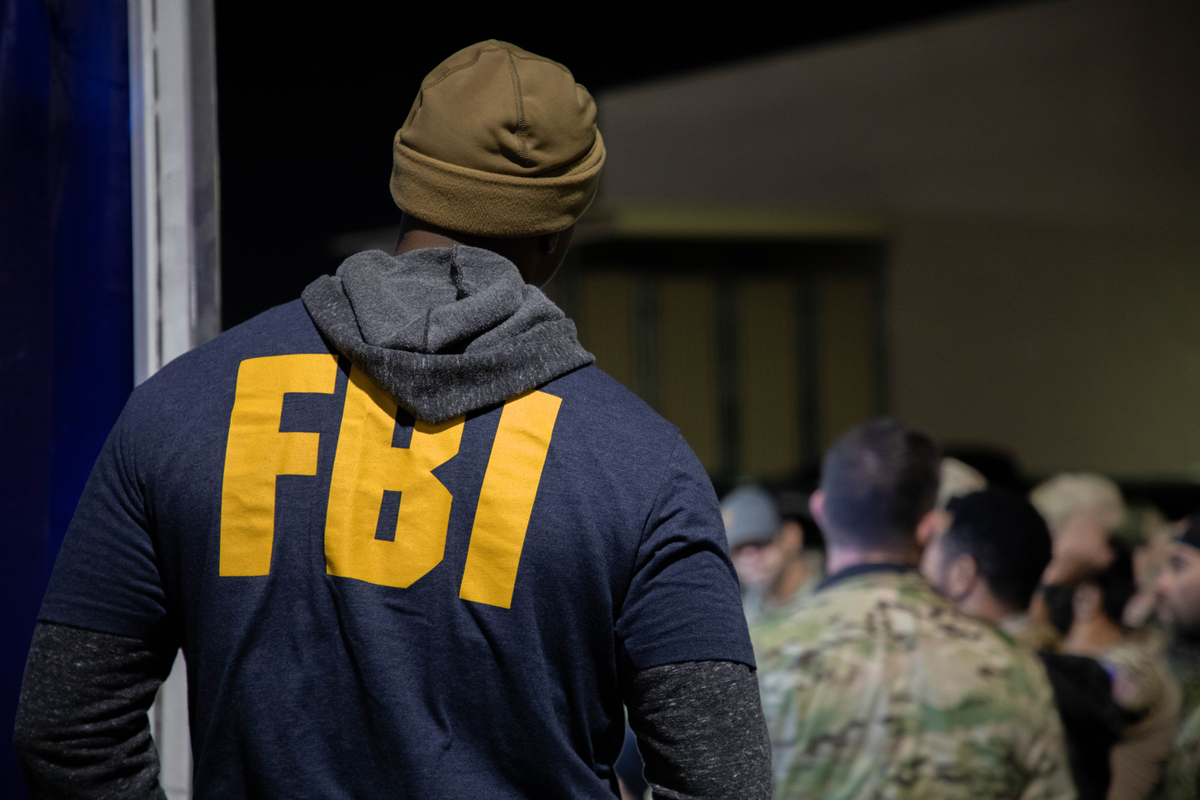Sting operations and anonymous informants are invaluable tools in the FBI’s major domestic terrorist operations. But it turns out sometimes these tools aren’t enough to make a case — or at least a legit one.
By Deborah Hastings
Associated Press
NEW YORK — It usually starts with a snitch and a sting operation, followed by a great deal of publicity and controversy.
Case in point: Four Muslim men charged last week with plotting to blow up synagogues and military planes. The informant is a convicted felon and Pakistani immigrant who turned informant seven years ago to avoid deportation. This wasn’t his first foray into undercover work for federal authorities.
With considerable fanfare, a steady stream of terrorism busts has been announced by the FBI since Sept. 11, 2001. And in most cases, accusations soon followed that the stings were overblown operations that entrapped hapless ne’er-do-wells. Federal authorities say such arrests save lives.
But what happens to these cases after the media spotlight fades and the noise dies down? And are the snitches involved reliable?
“Most of these guys don’t get tried,” said security analyst Bruce Schneier. “These are not criminal masterminds, they’re idiots. There’s huge fanfares at the arrest, and then it dies off.”





